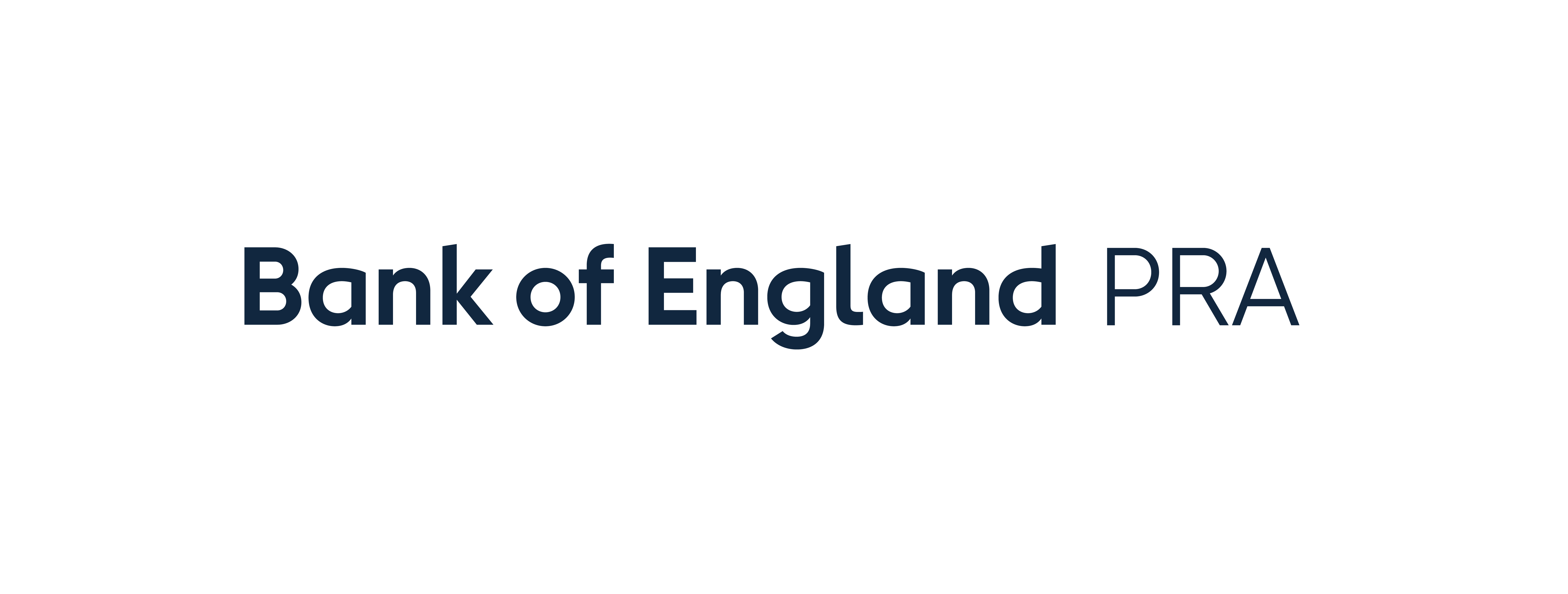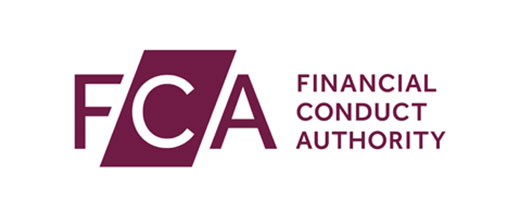Introduction
The New Bank Start-up Unit (NBSU) is a joint initiative set up by the UK’s financial regulators, the Prudential Regulation Authority (PRA) and the Financial Conduct Authority (FCA), to give firms which are interested in, and/or currently applying for authorisation as a deposit-taker, the information and support they need to set up a bank in the UK.
Firms that want to become banks in the UK must be authorised by the PRA. Authorisation of a new bank also requires the consent of the FCA.
The PRA’s assessment will focus on their:
- statutory objective to promote the safety and soundness of firms; and
- secondary objective to facilitate effective competition between firms.
The FCA’s assessment will focus on their statutory objectives of:
- protecting consumers;
- protecting and enhancing the integrity of the UK financial system; and
- promoting effective competition in the interests of consumers.
This page provides targeted information from both the PRA and FCA (‘we’ or ‘us’) for firms to use if they are thinking of setting up a bank in the UK, and for newly authorised banks. We encourage firms to actively reference this page and use it as a key source of information when developing their business proposition and documents.
This page has been developed as a reference tool for firms, which covers a number of key supervisory topics, it should not be treated as a comprehensive summary of all relevant laws, rules, and regulatory policies (‘Regulations’) applicable to newly authorised banks. Firms are responsible for considering the relevant Regulations and ensuring that they understand and fully comply with them.
Thinking of becoming a bank
Key points
- A bank is an entity that carries out deposit-taking business.
- Before going through the new bank authorisation process, firms should consider whether setting up a bank is right for them.
- Before contacting us, firms will need to consider what functions their bank will carry out and their business plan for doing so.
- Firms cannot call themselves a ‘bank’ until they are authorised.
Regulatory expectations
Key points
- We review several areas as part of our assessment of a new bank application.
- We assess each firm on a case-by-case basis and each aspect of our assessment is subject to supervisory judgement.
- We aim to be proportionate in our assessment of new banks in order to facilitate greater competition, in line with our respective competition objectives, but firms must still demonstrate that they meet threshold conditions in order to be authorised.
- We have outlined here some of our key regulatory expectations but firms are responsible for considering in detail and complying with all the applicable laws, rules and regulatory policies.
Life as an authorised bank (without restrictions)
Key points
- Authorisation is only the start of the journey to becoming an established bank.
- New banks must ensure that they submit their regulatory returns on time and keep up to date with the latest regulatory information.
- New banks must meet our Threshold Conditions and their capital and liquidity regulatory requirements at all times.
- New banks must ensure that risk management frameworks and controls evolve commensurately with the scale of business growth.
- We will assess how new banks are managing the key prudential and conduct risks to their businesses through our supervisory engagement.
New bank authorisation process
Key points
- To achieve their objective of setting up a bank, firms should be ready, willing and organised.
- Through open and constructive dialogue, we aim for positive regulatory relationships with all firms.
- The process includes our review of the new bank application as well as the optional pre-application and mobilisation stages.
- Authorisation is only the start of a new bank’s journey to being an established bank.
New banks authorised since 2013
Contact us
If you have any queries about becoming a new bank, please contact NewBankStartupUnit@bankofengland.co.uk


